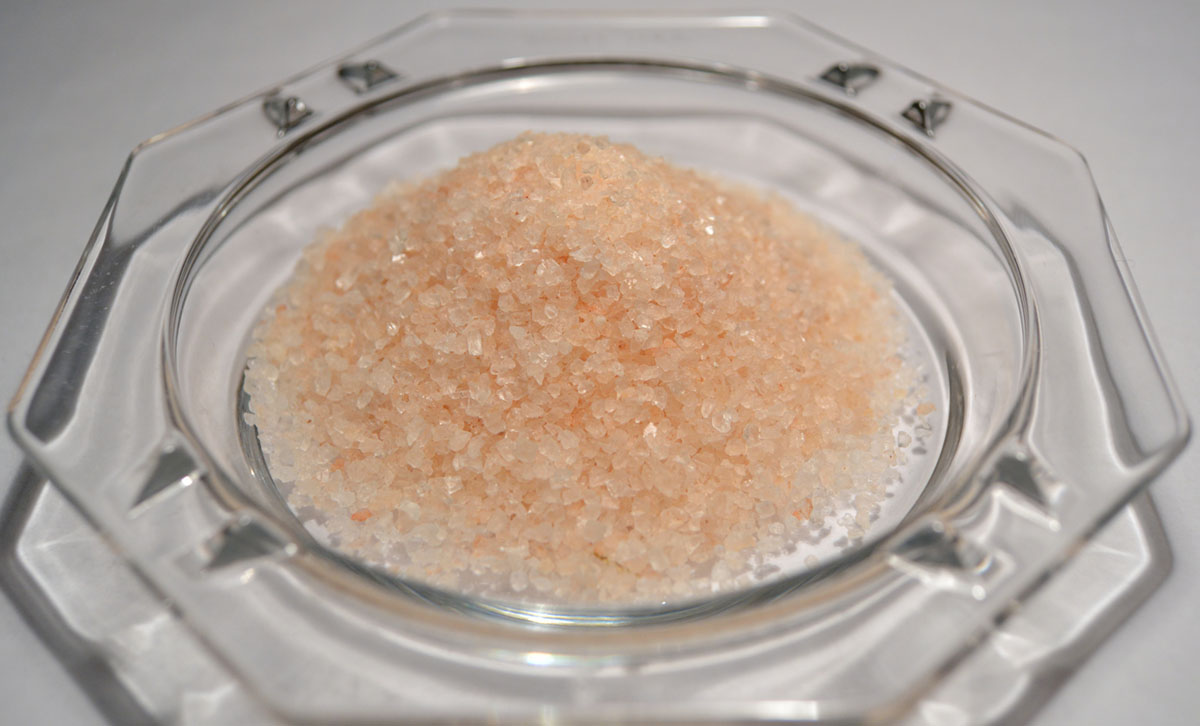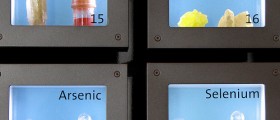
Even before there was organic life on Earth, the minerals were there. In that sense, it is believed that human bodies are made of stardust. Evolution theories aside, it is now a general knowledge that minerals are among nutrients that are absolutely necessary for proper functioning of the human body. They assist in many functions and their deficiency is believed to cause many different diseases.
Significance of minerals
Selenium, which is a trace element, can illustrate quite well the importance of minerals. before 1957 selenium was not considered important for human health. It was then discovered that the process of destruction of incorrectly replicated DNA requires enzymes, which in turn, require selenium. If there is not enough selenium, the process shuts down and releases faulty DNA into the system. Selenium deficiency, along with other deficiencies, has been linked to cancer.
It is believed that there are over 7,000 enzymatic processes that participate in the metabolism, and many of them require minerals and trace elements.
People get minerals from food, and minerals get into food from soil. Soil was once rich in minerals, but after thousands and thousands of years of farming, cultivation, weathering, cropping and grazing, most of them are gone.
In addition, industrial food refining, combined with cooking and processing, chopping and discarding the water from boiling has made the problem worse. Organic farming movement and the use of organic manure is giving back to the soil some of the lost minerals that the plants will take and use to fight infections and to grow stronger and bigger. Animal farmers also provide mineral supplements to the cattle.
After certain mineral deficiencies have been linked to diseases like cancer, cystic fibrosis and some heart disorders, the attention is again focused on minerals and on ways to restore them in human consumption.
What are essential minerals
There are 78 known minerals, and the current debate is focused on finding out how many and which ones are essential for humans, what is the best way to get them and in what amount.
A hundred years ago they believed that the human body consists of 14 elements, and 10 of them are minerals. Those minerals are phosphorus, sulphur, calcium, magnesium, sodium, potassium, chloride, fluorine, silicon, and iron. Then, in the 1950s, copper, zinc, cobalt and manganese were found to be essential minerals. In the following years, fluorine, silicon and boron were added to the list.
The question was what “essential” actually means. In 1962, all elements were categorized in four groups- main or constituent elements, integrating or essential, facultative and indifferent, or non-essential.
All the minerals are re-examined again and placed in one of these groups. According to their place in categorization, recommendations are made by health authorities about including them in the diet.
How to get minerals
There are many different ways to get essential minerals. Traditional seafood eaters get minerals from their diet, mountain dwellers from their water, organic gardeners from manure, people go to mineral spas, and in the cities most people take supplements. Vitamin and mineral supplement industry is a growing one, and it is battling with the question about the bioavailability (proportion of a nutrient that can be absorbed and used) of minerals in their formulations.

















Your thoughts on this
Loading...